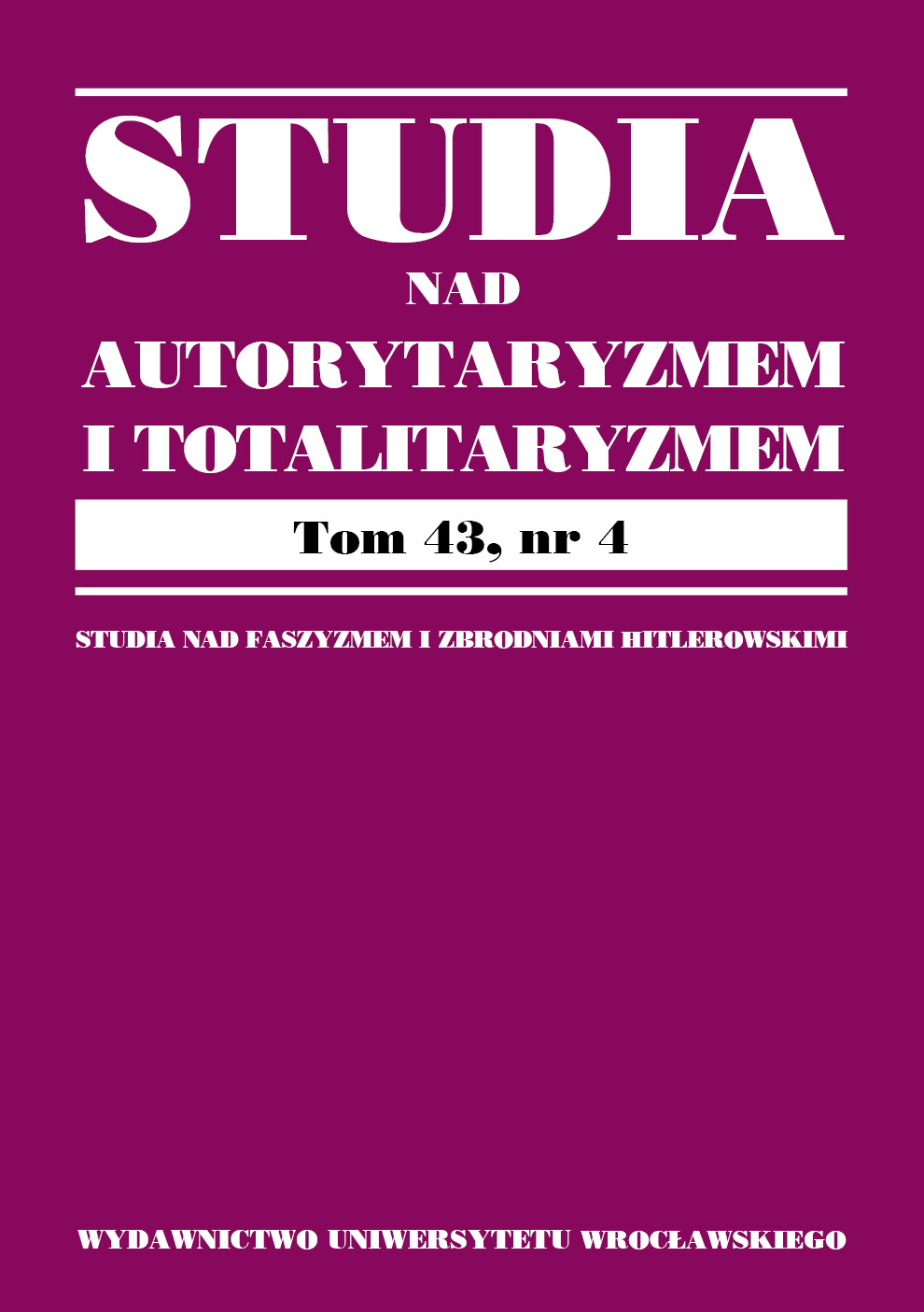

Articles

In the current legal order there are two ways of regulating economic law. According to the dualist concept, economic relations are treated as separate from civil law relations, while, according to the principle of the unity of civil law, the aspects of economic turnover are a specialized part of civil law. In Poland, the dualist concept was replaced under communist authoritarian rule by the principle of the unity of civil law in order to emphasize the low usefulness and lack of practical relevance of economic turnover, which was replaced almost entirely by socialized turnover conducted by economic units with state status. Despite the departure from totalitarian rule and in the current system of social market economy, the principle of the unity of civil law has persisted. The paper shows that the principle of the unity of civil law, although instrumentally treated by authoritarian governments, has a number of advantages that allow it to function successfully in the conditions of freedom of entrepreneurship in the European Union and in the face of political changes that took place in Poland at the turn of the twenty-first century.